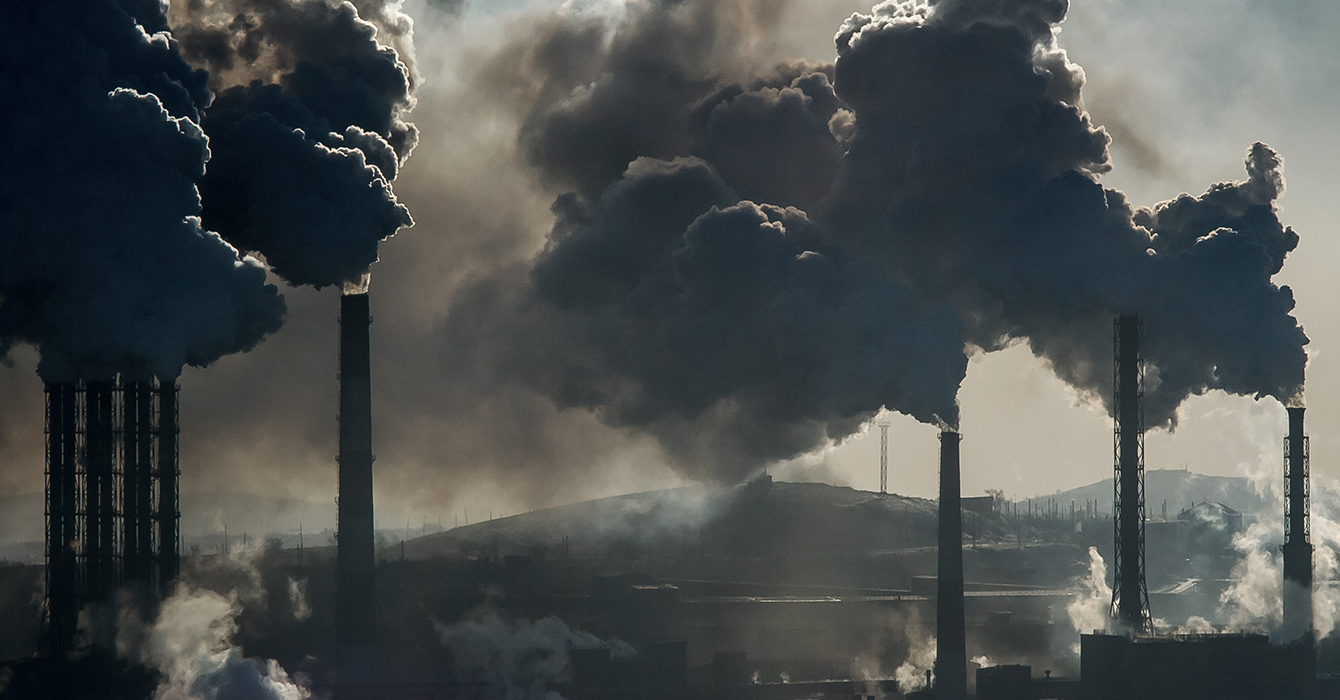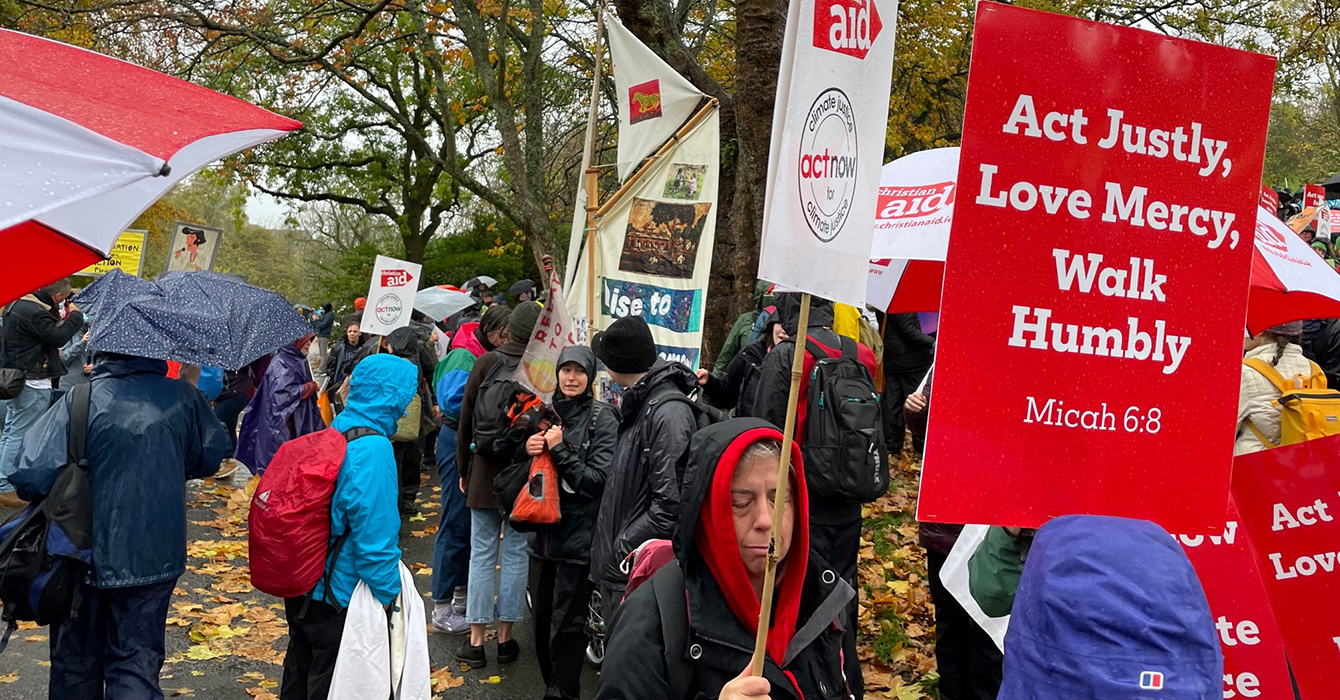When I attended a portion of COP26, the U.N. Climate Change Conference of the Parties in Glasgow at the end of 2021, nearly 200 countries negotiated the Glasgow Climate Pact, which included the first mention of fossil fuels in the final draft of a COP summit.
Signatories committed to “accelerating efforts towards the phase-down of unabated coal power and inefficient fossil fuel subsidies, recognizing the need for support towards a just transition.”
One of the largest contributors to our present climate crisis is fossil fuels — coal, crude oil and natural gas formed from fossilized plants and animals that lived millions of years ago. The burning of fossil fuels releases carbon dioxide and other greenhouse gases into the atmosphere, trapping heat and leading to global warming. Yet these nonrenewable fuels currently supply some 80% of the world’s energy. Decreasing the use of fossil fuels can help the world come closer to holding global warming to the target limit of 1.5 degrees Celsius (2.7 degrees Fahrenheit) deemed crucial for survival.
The Glasgow pact requested that countries design plans to lower greenhouse gas emissions by 2030. This is a small step, but it moves us in the right direction. As political leaders find ways to lower carbon emissions, people of faith must do our part.
We can talk about climate justice, preach about it and study it, but action is essential if we wish to make a difference. There are small, personal acts that we can do daily — using less energy, recycling, consuming fewer resources, creating less garbage, eating less meat — but there are also larger actions that churches, faith communities, seminaries and other institutions can step up and take.
If faith institutions are serious about engaging the climate crisis, we need to commit to making our buildings more energy efficient, promoting education and advocacy about climate disruption, and divesting from fossil fuel companies. We need faith leaders and communities to lead the way in our work toward climate justice.
The effects of global warming are far-reaching. As temperatures rise, drought and wildfires occur more frequently, and glaciers and snowpack melt, increasing the sea level. There are more frequent and intense storms, heat waves and other types of extreme weather. The oceans’ temperatures rise. All these occurrences impact ecosystems, destroy animal habitats, and devastate human communities and livelihoods.
Nature has ways of regulating heat-trapping gases in the atmosphere. Without human interference, ecosystems can absorb and store the excess carbon. But the cutting down of forests for our own greed and the careless or intentional destruction of other ecosystems remove our natural protection against extreme weather, in fact propelling further climate change.
One way to address the economic and financial barriers to a phaseout of fossil fuels is to divest from fossil fuel companies. Purging our portfolios of stocks, bonds or investment funds that fail to reflect our values is an investment strategy that allows individuals and institutions to exercise responsible stewardship of financial resources.
Universities, religious organizations, seminaries and other institutions invest funds that generate income to help them run and sustain themselves. But we need to divest from companies involved in fossil fuel extraction and production. Divesting from fossil fuel companies allows religious and faith institutions to “put their money where their mouth is.”
Divestment is a moral and ethical call, part of our social responsibility to work toward climate justice. We should not profit from the production of fossil fuels, the biggest polluter of this world. We should put our faith in action.
There are free online tools for evaluating portfolios to see whether our funds are being invested in fossil fuels. And sites such as Fossil Free Funds help identify mutual funds and ETFs that avoid fossil fuel investments. There are also sites that provide guidance in divesting from fossil fuel companies.
Churches, faith communities and seminaries need to take big steps and divest. Some are already doing this, such as Union Theological Seminary in New York City, which in 2014 became the first seminary to decide to divest its entire endowment from fossil fuels.
The Church of Sweden has now fully divested from fossil fuels; the United Church of Christ in the U.S. and the Anglican Church in Aotearoa New Zealand and Polynesia have begun to do the same. At the global level, the World Council of Churches is now excluding fossil fuels from its investment portfolios.
Just as leaders of 197 countries agreed to take action at COP26, it is time for all of us to commit to action. More faith leaders, institutions and communities need to rise up and divest.
Our neglect and harm of the earth, the waters and the sky should not be left for our children to inherit and fix. Our investments will affect our future. Let’s invest in a safer, cleaner, more sustainable world for our children’s future.
When the last tree is cut down,
The last fish eaten and the last stream poisoned,
You will realize that you cannot eat money.
- Indigenous American saying




















